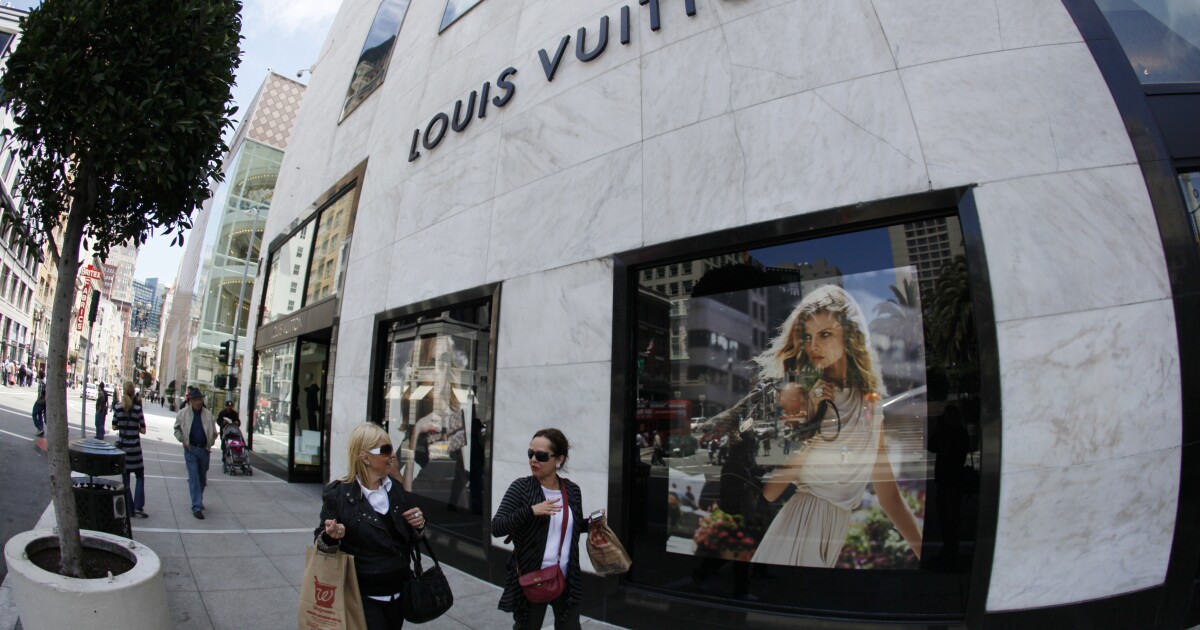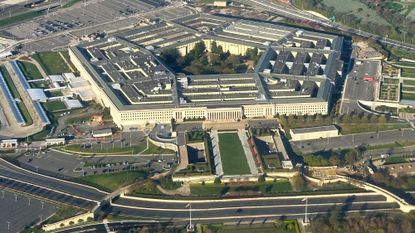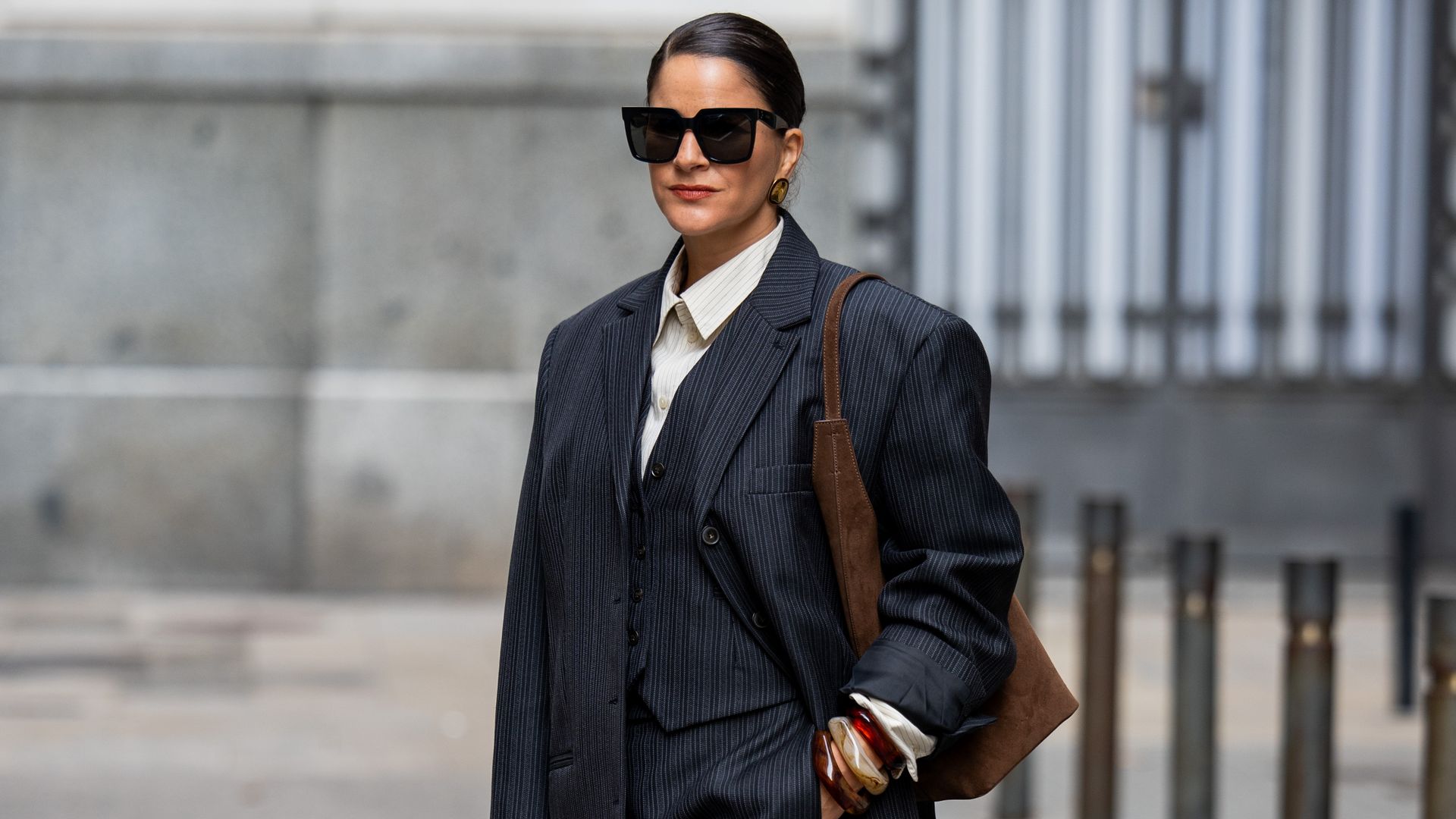A coalition of business groups challenging Connecticut’s recently adopted ban on “captive audience” meetings, which unions say are used to thwart organizing, made their case in oral arguments before a federal judge in Bridgeport Monday. Under the law, which has been in place since 2022, employers can’t mandate meetings at which the employer shares its views on religious or political matters, including unionization. The plaintiffs in the lawsuit, led by the U.
S. Chamber of Commerce and joined by the Connecticut Business and Industry Association and other trade groups, argued in their 2022 complaint that the state ban is unconstitutional, violating free-speech and equal-protection rights under the Constitution. The law “is an attempt to suppress that expression,” Bryan Killian, lead attorney for the plaintiffs, said in court Monday.
A lawyer for the defendants — State Labor Commissioner Dante Bartolomeo and State Attorney General William Tong — argued the law doesn’t prohibit free speech. Employers can still hold such meetings, Assistant Attorney General Timothy J. Holzman argued, they just can’t require attendance or punish employees for not attending.
“Restricting discipline is not a restriction on the speech itself,” Holzman said. But a larger question loomed over the proceedings Monday: whether Connecticut can regulate the practice in the first place. That question, and the entire case, was thrown for a loop last week when the National Labor Relation.


















